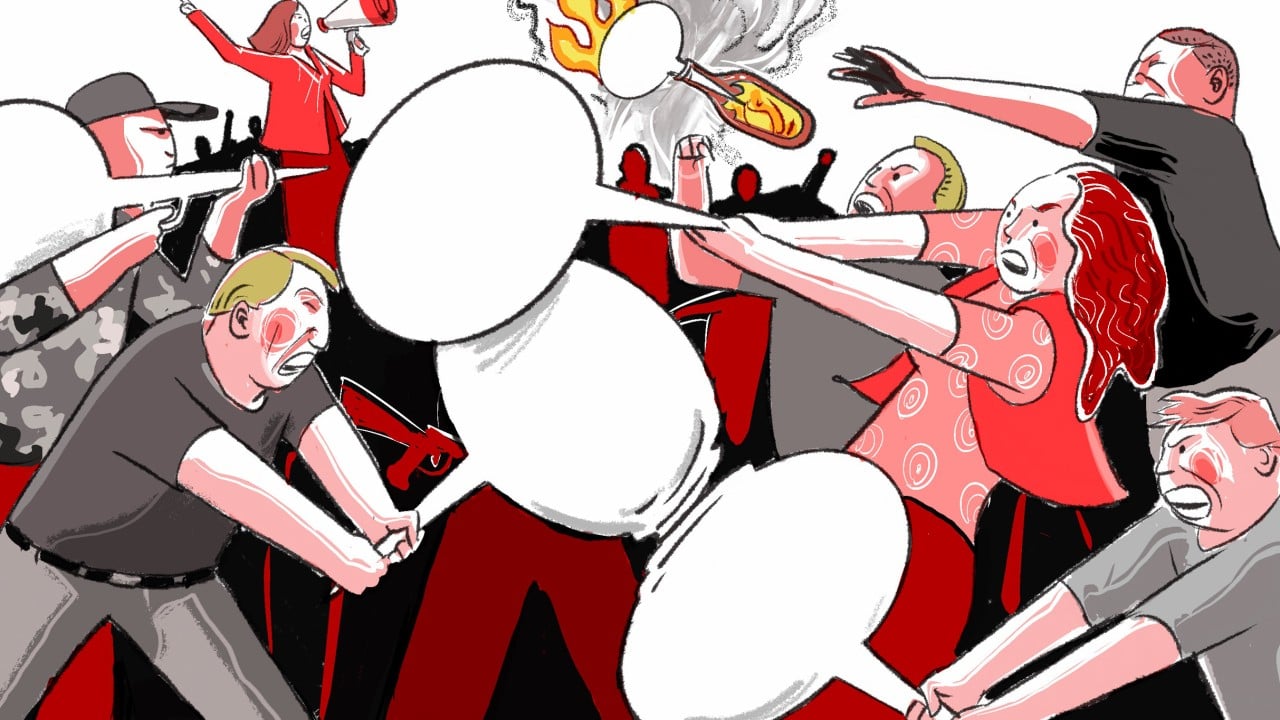Politics has always been adversarial. In a healthy democracy, that contest is bounded by rules: elections settle disputes, opponents are rivals not enemies, and losing an argument is not the same as losing one’s country. Break those bonds, and the descent from rhetoric to violence is swift, and we are beginning to see the consequences.
Advertisement
Political language in the United States has grown increasingly toxic. Partisans no longer accuse one another of being wrong, but of being enemies and traitors. That language, repeated by politicians and amplified by social media, creates permission structures. It tells people the other side is not fellow citizens but indeed an existential threat. Once that logic takes hold, violence is not a rupture from politics. It is the natural next step.
The killing last week of Charlie Kirk crystallises this. Gunned down while addressing a university audience, Kirk was not the first victim of political violence, but he was the most visible. Regardless of his politics, his assassination should have been a moment of collective recoil.
A society that knows its limits would have drawn a red line: disagreement is not grounds for execution. Instead, it became a pretext for mobilisation.
Fox News host Jesse Watters opined, “they are at war with us”. Influential former Trump chief strategist Steve Bannon told his audience Kirk was a casualty of war. Elon Musk called the left “the party of murder”. US President Donald Trump again failed the moment when his address to the nation echoed these preposterous sentiments.
Advertisement
What should have marked a turning point became a recruitment campaign, if not a direct incitement to violence or at the very least the acceptance of future violence.

